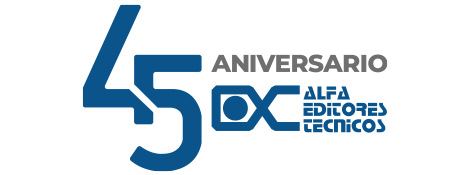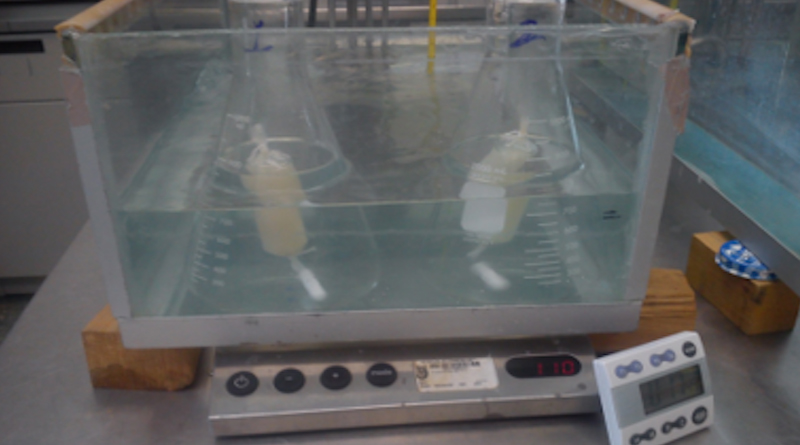DuPont has entered into a definitive agreement with FMC Corporation to divest a portion of DuPont’s Crop Protection business, including certain research and development capabilities, and to acquire substantially all of FMC’s Health & Nutrition business. The transaction includes consideration to DuPont of $1.6 billion to reflect the difference in the value of the assets, including cash of $1.2 billion and working capital of $425 million.
The divestiture will satisfy DuPont’s commitments to the European Commission in connection with its conditional regulatory clearance of the merger with Dow.
“We see this as a great opportunity to strengthen our existing nutrition & health business. We see the health & nutrition portfolio of FMC as highly complementary to what we have,” Matthias Heinzel, president of DuPont Nutrition & Health tells FoodIngredientsFirst. “Their main markets of MCC, alginates and carrageenan are highly useful additions to our texturants portfolio. This will allow us to create stronger offerings for our ingredients systems business. We will get better raw material access and create a better toolbox for our systems business.”
DuPont had a US$3.3 billion turnover in the food space in 2016, which will now rise to around US$4 billion, following the addition of FMC Nutrition & Health. In terms of employees, the number operating within food will now rise from 6,500 to 7,500, once the transfer has taken place from FMC.
FMC’s Health & Nutrition business generated more than $700 million in revenues in 2016 from two main segments: texturants as food ingredients and pharmaceutical excipients. The business is highly complementary to DuPont’s existing Nutrition & Health (N&H) business with opportunity for growth synergies. By integrating FMC’s complementary Health & Nutrition business, DuPont will strengthen its N&H capabilities with broader offerings and an expanded footprint.
DuPont’s N&H business is a leader in the food ingredients industry, using renewably sourced raw materials to create a wide range of ingredients that food manufacturers use to provide safer, healthier, more affordable and nutritious food and beverages for consumers. This transaction strengthens DuPont’s access to key ingredients for its systems and food texturants portfolio, enables the business to expand into the fast-growing pharma excipients space, and provides access to new and complementary routes to market. As a result, DuPont N&H will be in a stronger position to drive growth, invest in R&D, and provide more products and solutions to customers worldwide.
Heinzel (pictured) continues: “We are strengthening our food ingredients portfolio and leveraging our existing field of applications with this broader portfolio. In addition they are present in the pharma excipients space of non-active ingredients. So we are getting access to that additional market. This is an area where FMC is quite active on a global scale and we are currently not. This is a $6-7 billion market, with FMC being among the top ten players in the pharma excipients space. It gives us a nice link with our probiotics business, which makes more and more pharma applications possible.”
There are clearly some local benefits too, with both FMC and DuPont [through the former Danisco business] having strong R&D centers in Denmark, for example. “We are certainly looking at the combined footprint of the two businesses. We have several application centers across the globe, such as in US, Asia and Denmark. From a cultural standpoint, both organizations are quite similar and I think this will be a nice fit.”
Heinzel does not believe that this merger will make the company so large that competition concerns will soon be raised within the ingredients space [as was the case in crop protection with Dow], as DuPont’s portfolio is diverse rather than exceptionally large in one field. “It is not quite as concentrated, as there are still quite a number of players in this segment, so FMC gives us a nice addition to create more value for customers. But there are still a number of players like us, with a broader portfolio and then many players with a very specific vertical deep-dive in certain product lines. So customers still have many choices.”
Dow was particularly smaller than DuPont from an ingredients standpoint. “Dow had relatively small activity within that space [cellulosics], but they are not a big player like ex-Danisco [now Nutrition & Health],” Heinzel says.
In terms of moving forward with FMC Health & Nutrition, Heinzel says: “We will combine the capabilities of both organizations, building on the strengths and capabilities of each other in the market. At the same time, we will enter the pharma space with their existing footprint, which I think will be highly complementary. We see that culturally as a good fit and we target closing by the fourth quarter of this year; so we will have a few months to go through the extra details.”
Speaking about the overall deal, Edward D. Breen, chairman and chief executive officer of DuPont says: “Our intended independent Agriculture company will continue to benefit from the combined, complementary strengths of DuPont and Dow, which will include greatly expanded offerings and a robust pipeline across seed germplasm, biotech traits, and crop protection to provide greater choice and innovation to growers around the world. At the same time, we are significantly enhancing our Nutrition & Health capabilities, a key area of growth and opportunity for the intended independent Specialty Products company.”
“This agreement with FMC is a win-win. It is pro-competitive; it advances the regulatory approval process; and it maintains the strategic logic and value creation potential of our merger with Dow and the three independent companies we intend to create,” concluded Breen.
The merger transaction is still expected to generate cost synergies of approximately $3 billion and growth synergies of $1 billion.
Under the terms of the agreement, FMC will acquire DuPont’s Cereal Broadleaf Herbicides and Chewing Insecticides portfolios – including Rynaxypyr, Cyazypyr and Indoxacarb. In addition, FMC will acquire the DuPont Crop Protection research and development pipeline and organization, excluding seed treatment, nematicides, and late-stage R&D programs, which DuPont will continue to develop and bring to market, and excluding personnel needed to support marketed products and R&D programs that will remain with DuPont. The assets being divested generated revenues in 2016 of about $1.4 billion.
Following the divestiture, the Agriculture division of the merged company will retain strong crop protection assets, including an excellent portfolio in corn and soy broadleaf and grass control, a robust cereal weed control portfolio, DuPont’s strong position in disease control, and Dow AgroSciences’ industry leading insecticide portfolio. With its continued strength in R&D, the combined Agriculture division will be well positioned to accelerate growth, leveraging strong pipelines in both seeds and chemistry to serve growers around the world with a robust portfolio of innovative solutions, greater choice, and competitive price for value.
“FMC Health and Nutrition is a highly profitable business with leading positions across the vast majority of its portfolio, deep applications knowledge and an extensive global network of laboratories and manufacturing facilities. It is a very complementary fit with DuPont’s current portfolio. We are confident it will thrive under DuPont’s leadership and will contribute to their successful Nutrition & Health business,” said Pierre Brondeau, FMC president, CEO and chairman.
The transaction with FMC is expected to close in the fourth quarter of 2017, subject to the closing of the DuPont and Dow merger, in addition to other customary closing conditions, including regulatory approvals.
Source: Food Ingredients First








